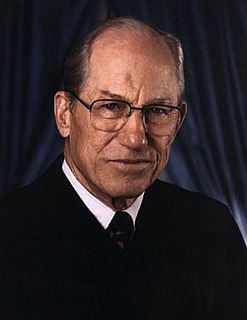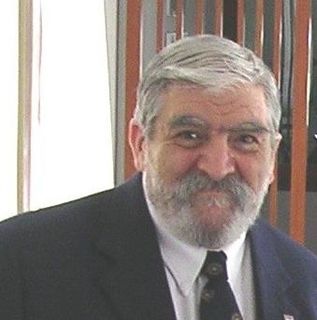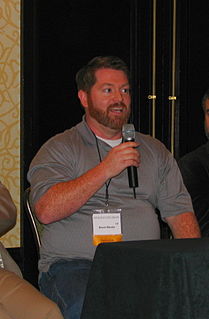A Quote by Noam Chomsky
Over the years, there have been a series of concepts developed to justify the use of force in international affairs for a long period. It was possible to justify it on the pretext, which usually turned out to have very little substance, that the U.S. was defending itself against the communist menace. By the 1980s, that was wearing pretty thin.
Related Quotes
I do not exclude this, but I would like to draw your attention to one absolutely key aspect: In line with international law, only the U.N. Security Council can sanction the use of force against a sovereign state. Any other pretext or method which might be used to justify the use of force against an independent sovereign state is inadmissible and can only be interpreted as an aggression.
It is not better that all felony suspects die than that they escape. Where the suspect poses no immediate threat to the officer and no threat to others, the harm resulting from failing to apprehend him does not justify the use of deadly force to do so. It is no doubt unfortunate when a suspect who is in sight escapes, but the fact that the police arrive a little late or are a little slower afoot does not always justify killing the suspect.
They (the novelists) became the voice of the citizen against the ubiquitous raison d'état, which reappeared endlessly to justify everything from unjust laws and the use of child labour to incompetent generalship and inhuman conditions on warships.
The themes they popularized have gradually turned into the laws which, for all their flaws, have improved the state of man.
You must all know half a dozen people at least who are no use in this world, who are more trouble than they are worth. Just put them there and say Sir, or Madam, now will you be kind enough to justify your existence? If you can't justify your existence, if you're not pulling your weight in the social boat, if you're not producing as much as you consume or perhaps a little more, then, clearly, we cannot use the organizations of our society for the purpose of keeping you alive, because your life does not benefit us and it can't be of very much use to yourself.
Therefore, criticism has to direct itself against itself, and against the mysterious Substance in which it has up to now hid itself. In this way criticism must resolve things such that the development of this Substance drives itself forward to the Universality and Certainty of the Idea of its actual existence, the Eternal Self-consciousness.
No degree of prosperity could justify
the accumulation of large amounts of highly toxic substances which nobody knows how to
make safe and which remain an incalculable danger to the whole of creation for historical or
even geological ages. To do such a thing is a transgression against life itself,
a transgression infinitely more serious than any crime perpetrated by man.
The idea that a civilization could sustain itself on such a transgression is an ethical, spiritual, and metaphysical monstrosity. It means conducting the economical affairs of man
as if people did not matter at all.
Life is nothing in itself. It’s a place marker that proves who’s winning, and we are the winners. We are always the winners. There is nothing but the winning. Even winning means nothing. We win because it’s an insult to lose. The ends don’t justify the means. The means don’t justify the ends. There is no one to justify to. There is no justice.” ~ Durzo Blint
The libertarian approach is a very symmetrical one: the non-aggression principle does not rule out force, but only the initiation of force. In other words, you are permitted to use force only in response to some else's use of force. If they do not use force you may not use force yourself. There is a symmetry here: force for force, but no force if no force was used.





































